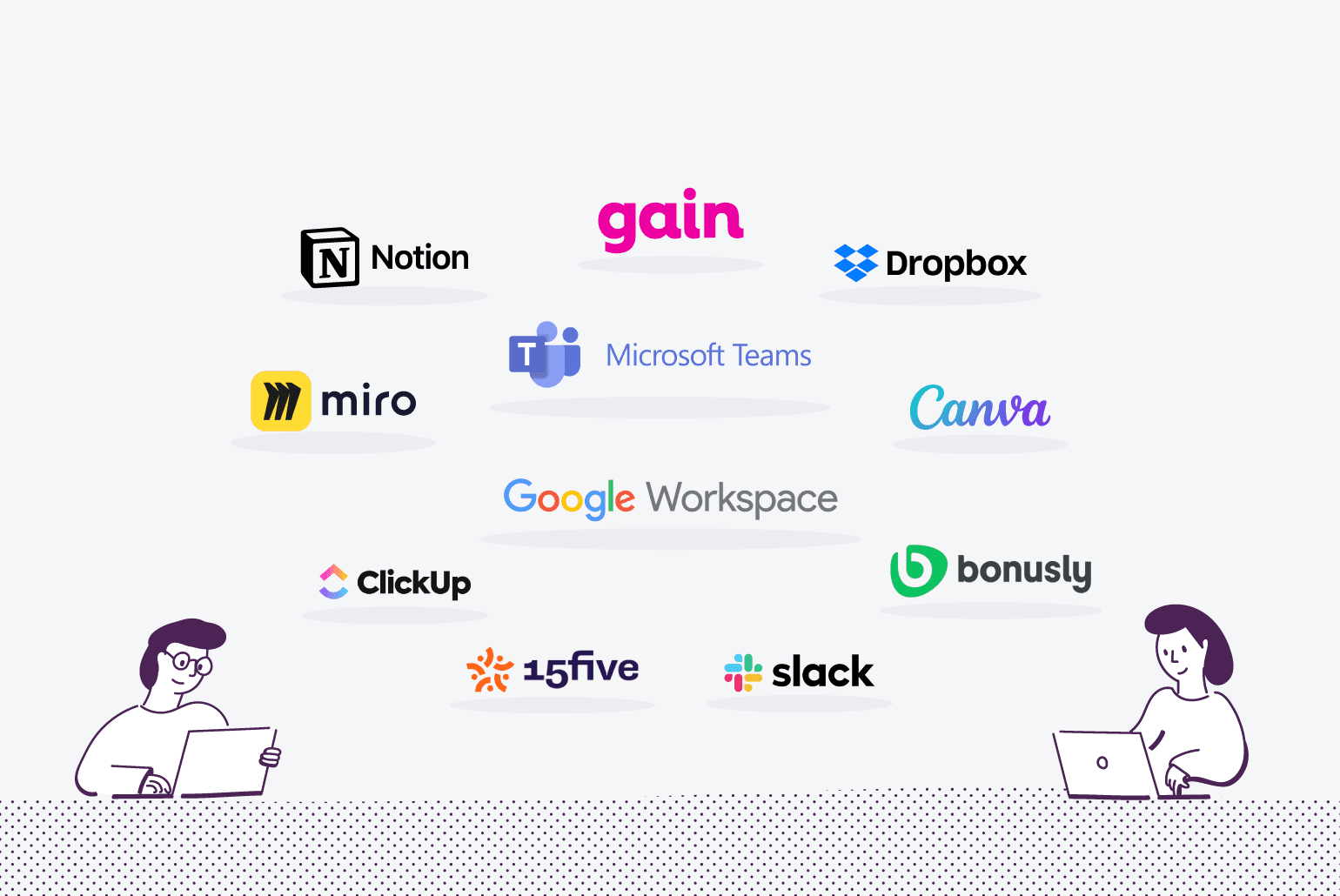
6 Pros of expanding your talent pool to remote, global workers
Embracing the Remote Revolution: Unlocking the Power of Global Talent
In the contemporary professional landscape, the desire for remote work has evolved beyond a mere trend—it has become a fundamental shift in the way we work. A survey conducted by Buffer, a social media-management company, revealed a resounding 99% of respondents expressing the wish to work remotely at least partially throughout their careers. This isn't just a preference; it's a movement that's here to stay.
The transition to remote work not only keeps employees content and engaged but also brings about significant positive impacts on a company's financial performance. A study by Harvard Business School researchers found that allowing employees to work outside the office resulted in a 4.4% increase in productivity, translating to an estimated $1.3 billion added value to the US economy annually.
According to a recent Technology Skills and Sourcing survey by Andela in collaboration with Foundry, more than one in four IT workers are now remote. Of the 211 enterprise IT decision-makers surveyed in the US, the UK, and Germany, only 17% anticipate a decrease in the size of their remote IT workforce, while 29% expect an increase, and 54% foresee no change.
The Global Hiring Advantage: Strengthening Your Tech Team
Expanding your talent search globally can be a game-changer for your tech team, providing a myriad of benefits for your business. According to our survey, 54% of respondents expressed a preference for searching for tech talent beyond their home region or country. Here are some key advantages cited by the survey respondents:
- Business Continuity during EmergenciesA distributed workforce ensures business continuity during emergencies or crises, such as natural disasters, cyber-attacks, or lockdowns. With teams spread across the globe, resources and specialized skills can be seamlessly mobilized to tackle urgent projects and maintain around-the-clock customer service and IT support. This emerged as the most significant benefit according to 53% of IT leaders surveyed.
- Workforce FlexibilityCompanies with remote teams can address internal issues promptly, thanks to employees operating in different time zones. The flexibility in work hours enables projects to progress faster by leveraging overlapping work hours and efficiently passing assignments between team members across various regions. Nearly half (44%) identified workforce flexibility as a top benefit of remote work.
- Expanded Talent PoolHiring remotely opens up access to a broader talent pool, including skilled technologists who may be based in different countries. The concept of "borderless" hiring, where individuals work and live in their home country but are employed by a company elsewhere, is gaining traction, with 58% of firms adopting this approach. The shift to remote work also facilitates the discovery of niche or valuable skills that might be overlooked in a local hiring context. Access to an expanded talent pool was acknowledged by 43% of those surveyed.
- Higher ProductivityRespondents in the US (44%) and the UK (48%) highlighted higher productivity as a significant benefit of remote teams. Supporting this, a 2022 Future Forum Pulse Report emphasized that workers with schedule flexibility reported 29% higher productivity and 53% greater ability to focus compared to those without such flexibility.
- Supports Sustainability GoalsRemote work contributes to sustainability, with 39% of leaders recognizing this as a perk of remote work. Eliminating the need for commuting reduces the carbon footprint, aligning with environmental goals. This is particularly significant as transportation and electricity production were major contributors to greenhouse gas emissions in 2021.
- Lower Overhead CostsBeyond sustainability, remote work substantially cuts costs for businesses by eliminating the need for physical workspaces. A report by Global Workplace Analytics estimated that a US employer can save an average of $11,000 per half-time telecommuter per year. Reduced costs were cited by 31% of survey participants as a factor contributing to their support for remote work.
The Future of Remote Work: Meeting the Demand for Global Talent
The survey revealed a strong indication of the continued growth of remote work, with 83% of enterprises foreseeing an increase or maintenance of the number of remote employees over the next six months. This trend necessitates a reevaluation of workforce strategies to incorporate remote and borderless hiring.